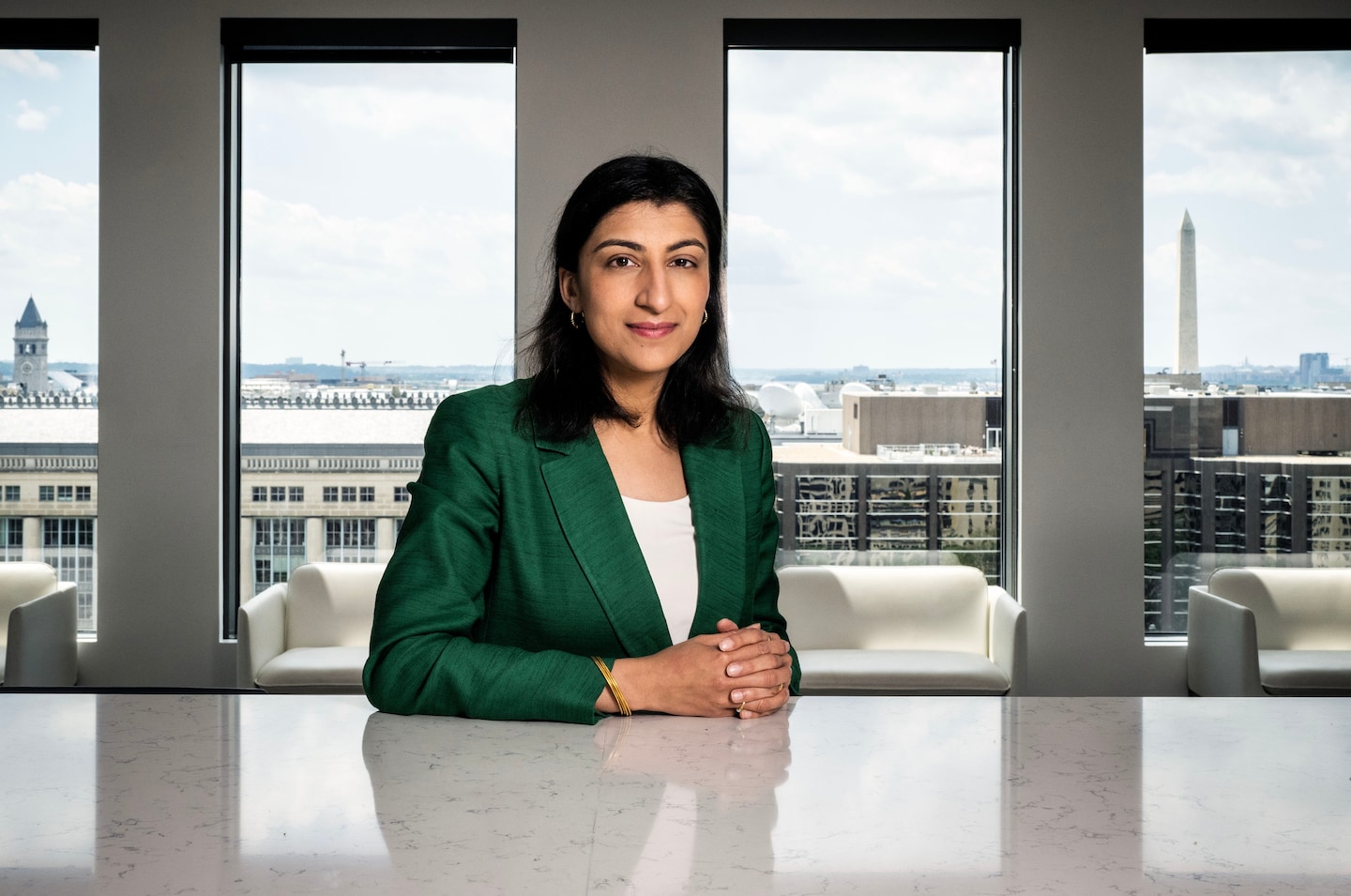In response to the increasing concerns that the AI trend is further consolidating the power of a select group of corporations that have traditionally dominated the global economy, the Federal Trade Commission (FTC) has announced an investigation into the significant financial opportunities involving leading artificial intelligence companies on Thursday.
Following Microsoft’s substantial investments in the developer of ChatGPT, which included an agreement to provide cloud computing resources to support OpenAI’s research and products, the FTC has issued inquiries to both entities. Additionally, the FTC is scrutinizing the partnerships formed by Google and Amazon with Anthropic, a nonprofit organization dedicated to advancing AI technologies.
FTC Chair Lina M. Khan emphasized the importance of preserving competition and fostering innovation in the evolving landscape of AI technologies, stating, “History has shown how emerging technologies can stimulate healthy competition and entrepreneurial ventures. We must remain vigilant against practices that stifle this potential as companies vie to establish dominance in the AI sector.” The FTC’s investigation aims to assess whether the investments and collaborations undertaken by major corporations pose risks of distorting innovation and impeding fair competition.
Sources familiar with the ongoing discussions, speaking on the condition of anonymity to disclose internal deliberations, revealed that the Department of Justice and the FTC are deliberating on which agency will review the Microsoft-OpenAI transaction. The outcomes of this evaluation may influence any potential inquiries initiated by the FTC or the courts into this particular partnership.
Under the Biden administration, federal regulators have intensified their scrutiny of Big Tech’s acquisitions of smaller competitors, presenting regulatory hurdles and legal challenges. Notably, Microsoft’s acquisition of Activision and Meta’s foray into the virtual reality sector through the purchase of Within have faced regulatory scrutiny. Amid the rise of AI technologies, tech giants in Silicon Valley have strategically invested in emerging AI startups and forged alliances to ensure preferential access to their computing services, avoiding some of the legal obstacles encountered in traditional acquisitions.
The FTC’s inquiry will delve into the competitive implications of these partnerships, assessing whether they disadvantage competitors or hinder market entry for new players. While the investigation is expected to span several months, its findings could inform future regulatory actions concerning AI-related transactions. Similar investigations into deceptive social media practices and tech conglomerates’ acquisition strategies have been previously conducted by the FTC.
Recent reports suggest that the FTC is investigating potential violations of consumer protection laws by OpenAI, as detailed in an initial article by The Washington Post in July.
The collaboration between Microsoft and OpenAI has also attracted the attention of international competition regulators. In December, the UK competition watchdog announced a probe into the partnership, while its EU counterpart is evaluating the agreement under the bloc’s competition regulations. Following CEO Sam Altman’s reinstatement after a brief hiatus, regulators are closely scrutinizing the deal, particularly Microsoft’s increased influence on the non-voting board.
During a recent event at the World Economic Forum, Microsoft CEO Satya Nadella defended the partnership, highlighting the distinct governance structures in place for both entities and emphasizing the benefits of their collaboration. Altman echoed the sentiment, advocating for collaborative efforts among businesses while acknowledging Nadella’s leadership role in the partnership.






